What Nollywood Still Doesn’t Get About Real Love Stories
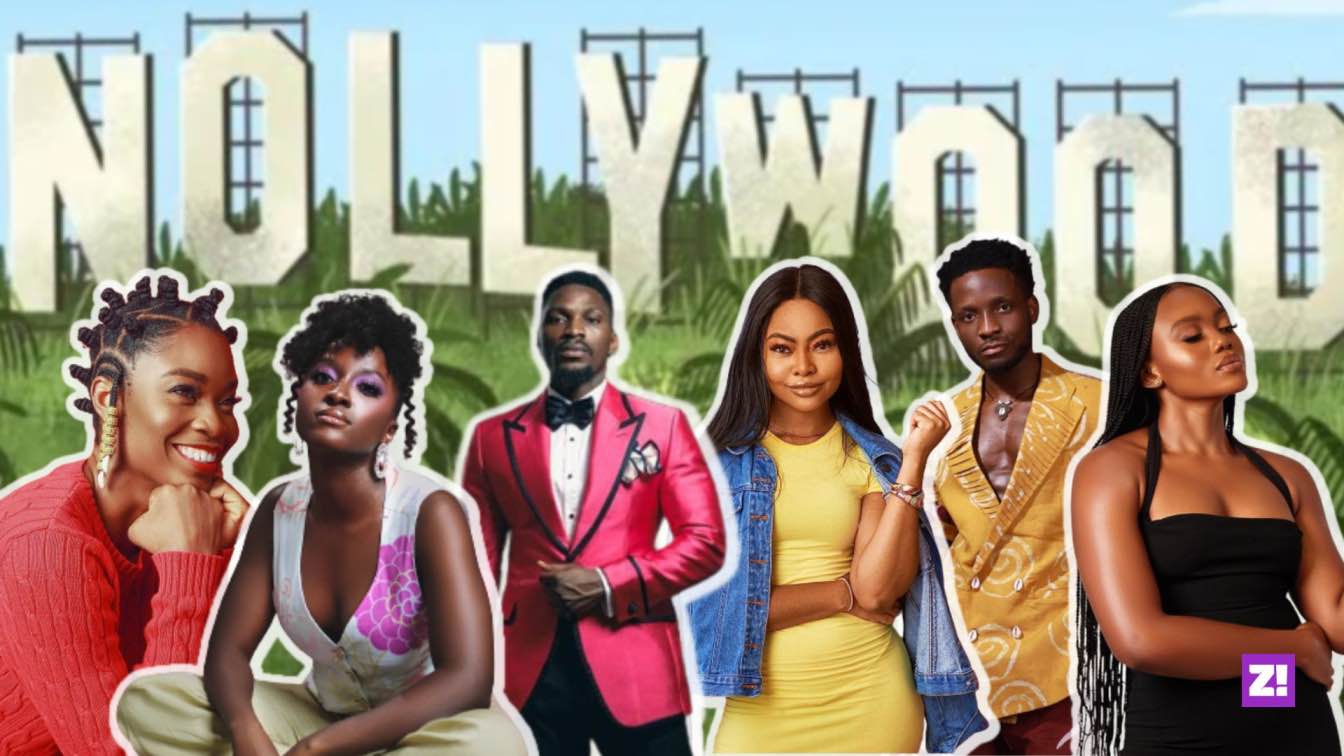
For decades, Nollywood has defined what love looks like for millions of Africans. From the passionate embraces of Genevieve Nnaji and Ramsey Nouah in early 2000s blockbusters to the glittering perfection of recent Netflix romances like The Wedding Party, our screens have long promised that love is either a fairytale or a battlefield. But behind the glamour, laughter, and heartbreak, there’s a growing sense that Nigerian cinema, for all its creative growth, still hasn’t captured the raw, complicated beauty of real love.
In most Nollywood love stories, romance still feels scripted for the screen, not for life. The formula is predictable: rich boy meets humble girl; class divides threaten their union; love conquers all. Or sometimes, a jilted woman finds new love after betrayal, usually with someone richer, handsomer, and conveniently more emotionally mature. But where are the stories about the couples who stay even when life gets messy? The everyday love that isn’t grand or Instagram-perfect but quietly resilient?
Love Beyond the Lens
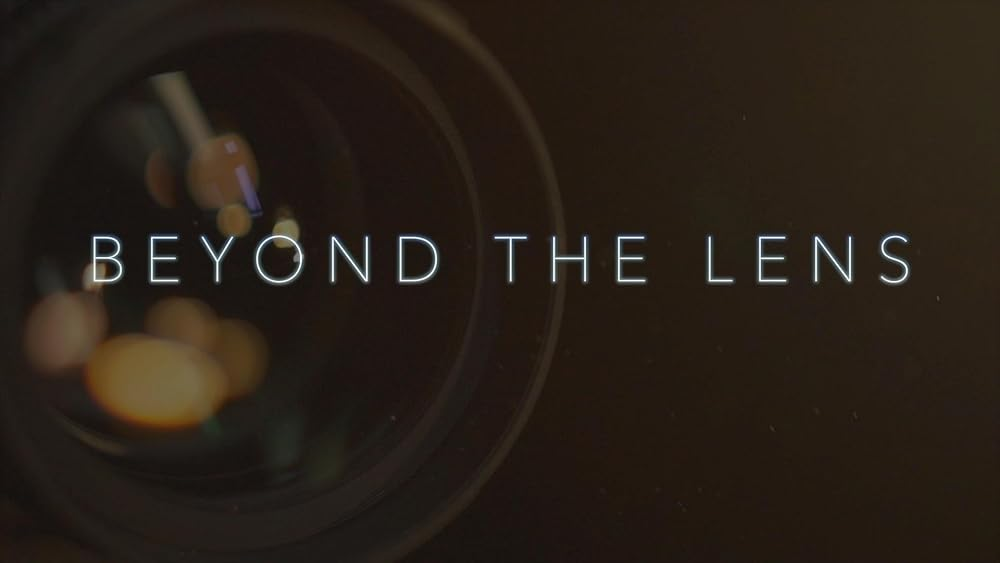
Real love doesn’t always come with music swelling in the background or dramatic confessions under the rain. It’s in the quiet moments, a look across a kitchen table, a shared struggle to pay rent, or a gentle apology after a fight. But Nollywood often avoids these subtleties because they don’t sell. Filmmakers know audiences crave escape, not reflection. Yet, the industry risks creating a distorted emotional template, one where love is performative, transactional, or fleeting.
Take Before Valentine’s (2022) or Dinner at My Place (2023) beautiful cinematography, witty banter, but almost no emotional depth. Compare that to Blue Valentine from Hollywood or Her, both films that dared to show love unraveling, that love can hurt and still be true. When was the last time Nollywood truly captured that kind of vulnerability?
Even movies that aim to be more grounded, like Kunle Afolayan’s Citation, prioritize moral and social messaging over emotional realism. It’s not that Nollywood doesn’t know love; it just doesn’t linger long enough to let it breathe.
When Love Becomes Performance
Today, much of what we call “romance” in Nollywood mirrors the social media version of relationships filtered, rehearsed, and often commercialized. A 2023 Statista report showed that Nigerians spend an average of 4 hours daily on social platforms, where content about luxury lifestyles and relationship goals dominates. This constant performance of perfection seeps into storytelling.
Instead of vulnerability, we get virality. Love becomes something to flaunt, not to nurture. Films mirror that weddings with drone shots, designer gowns, champagne toasts but we rarely see the morning after: the emotional labour, the loneliness, or the unspoken exhaustion of maintaining appearances. In trying to make love glamorous, Nollywood often strips it of the very humanness that makes it believable.
The Gendered Illusion
There’s also a glaring gender imbalance in how love is portrayed. Female characters are either victims or vindicators, the woman who suffers, forgives, or “wins” by finally landing the man. Men, on the other hand, are painted as flawed geniuses or stoic providers. Real emotional complexity men expressing fear, vulnerability, or doubt remains rare.
In films like Isoken or Chief Daddy, even progressive women are subtly reminded that fulfillment lies in marriage. Yet in modern Nigerian society, many young women are openly questioning that narrative. A 2024 Pew Research Center survey found that 57% of African Gen Z women believe happiness doesn’t depend on marriage, a sentiment Nollywood still struggles to depict honestly.
Why Real Love Feels Missing

Part of the problem is cultural. For years, Nigerian cinema has been shaped by censorship boards, moral expectations, and audience conservatism. The National Film and Video Censors Board still regulates portrayals of intimacy, often cutting scenes that show affection too “boldly.” This cautiousness creates a paradox filmmakers can show violence freely, but not tenderness.
Then there’s the economics. Love stories are among the most bankable genres in Nollywood. Studios play it safe, reusing storylines that guarantee box office returns. Netflix, which has invested heavily in Nigerian originals since 2020, tends to favour high-energy, universally appealing content, not the quiet, emotionally layered kind.
Still, we can’t ignore the role of audience demand. As much as filmmakers recycle predictable plots, many Nigerian viewers reward those same clichés. Romantic comedies top cinema charts because they offer an escape from harsh realities, inflation, unemployment, insecurity. According to NOI Polls, entertainment remains one of the strongest stress-relievers for urban Nigerians. When people walk into the cinema, they’re not always seeking realism; they want relief. But over time, constant escapism blurs expectations. Love becomes less about connection and more about consumption, something to buy into, not believe in.
Where Nollywood Gets It Right
To be fair, some recent productions have taken bold steps toward portraying love with realism. A Sunday Affair (2023) and The Wait (2021) explored emotional loyalty, forgiveness, and the spiritual dimensions of love in ways rarely seen before. Directors like Biodun Stephen and Tope Oshin have shown that it’s possible to balance entertainment with authenticity.
Even more promising are indie filmmakers on platforms like YouTube, who are experimenting with rawer, less commercial love narratives. These small-scale productions sometimes shot on phones or low budgets often feel more real than the multi-million naira blockbusters.
Interestingly, streaming platforms are changing the rules of love on screen. Platforms like Prime Video Nigeria and Showmax have started funding bolder, character-driven stories that don’t rely on predictable romance formulas. A few upcoming projects even feature interracial, long-distance, or same-gender love stories something that would’ve been taboo a decade ago. This quiet shift shows that the appetite for complexity is growing, even if mainstream Nollywood is slow to catch up.
Love as Humanity, Not Spectacle
If Nollywood wants to evolve, it must start seeing love not as a spectacle but as storytelling truth. That means writing characters who don’t just fall in love but learn to love across class, culture, and time. It means normalizing imperfections: failed relationships that don’t end in revenge, marriages that survive infidelity through growth, men who cry, women who lead.
African love stories have depth our songs, our folktales, our grandparents’ enduring marriages prove that. As author Chimamanda Ngozi Adichie once said, “The problem with stereotypes is not that they are untrue, but that they are incomplete.” That’s precisely what Nollywood needs to fix: not inventing new love stories, but completing the ones it already began.
Beyond representation, there’s also the question of impact. What happens when generations grow up consuming love stories that don’t resemble their reality? Sociologists at the University of Lagos argue that media portrayals influence emotional expectations, shaping how young people approach dating, marriage, and even conflict. If Nollywood keeps equating love with luxury, it risks creating a culture where affection feels performative and compassion undervalued. Real love isn’t always cinematic and maybe that’s the point.
The world doesn’t need another “boy meets girl, boy loses girl” story. What it needs and what Nollywood is uniquely positioned to give is truth. A love that’s messy, human, and deeply African. Until then, our screens will keep showing us love that looks perfect but feels empty.
Recommended Articles
Weekend Watchlist: Rwanda's Top 10 African Drama Films Revealed!

African cinema is flourishing, with a wave of critically acclaimed films released between 2023 and 2024 captivating glob...
Triumphant Win! 'Extra Mile' Crowned Best Film at Prestigious Toronto Festival
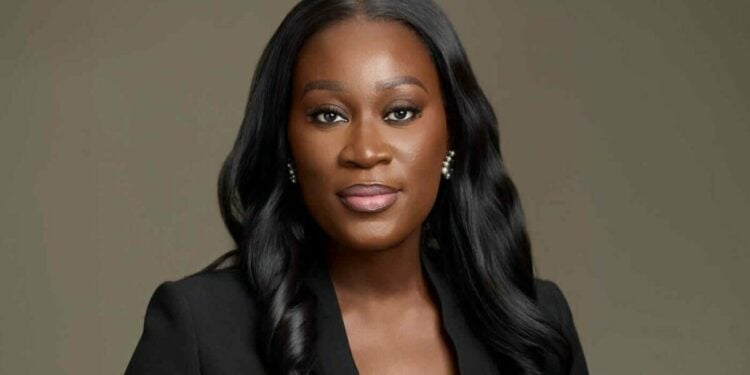
The Nollywood film 'Extra Mile' has won the Best Film by a Female Filmmaker award at TINFF 2025, cementing Five2 Media a...
How Nollywood is Rewriting the African Narrative on a Global Stage
(16).jpeg)
Nollywood is evolving beyond stereotypes and reshaping the global perception of Africa. From cultural preservation to st...
Tragedy Strikes Nollywood: Veteran Actor Duro Michael Passes Away At 67
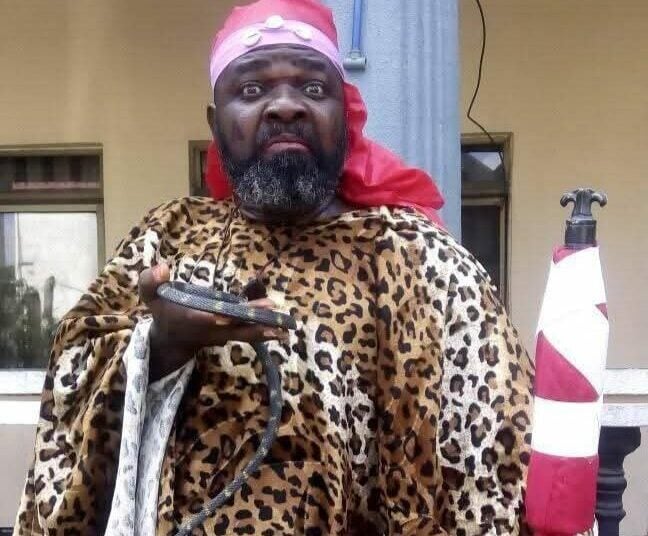
Nollywood mourns the passing of veteran actor Duro Michael at 67, following a battle with a terminal illness. Producer S...
Nollywood's Next Epic: Jide Babs Revives Oba Esugbayi's Legend!
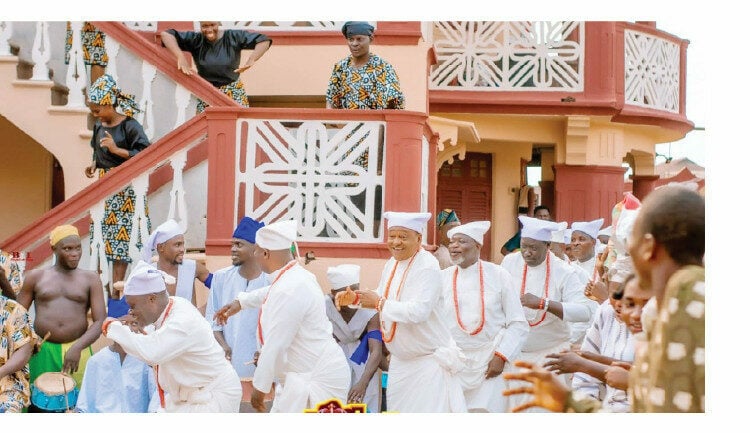
Veteran Nollywood actor Jide Kosoko has released "Esugbayi Eleko," a historical drama recounting Oba Esugbayi Eleko's re...
You may also like...
Crisis Looms for Super Eagles: Star Striker Ademola Lookman Out for Crucial Benin Clash!
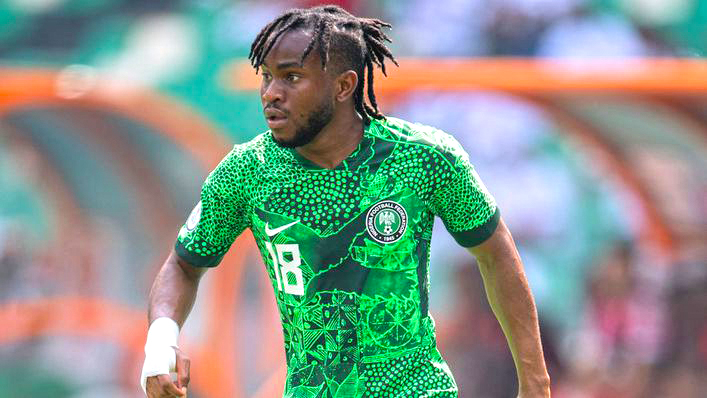
Nigeria's Super Eagles face Benin Republic in a critical 2026 FIFA World Cup qualifier, with both teams affected by key ...
Super Eagles Triumph: Nigeria Revives World Cup Hopes with Crucial 2-1 Win Over Lesotho!
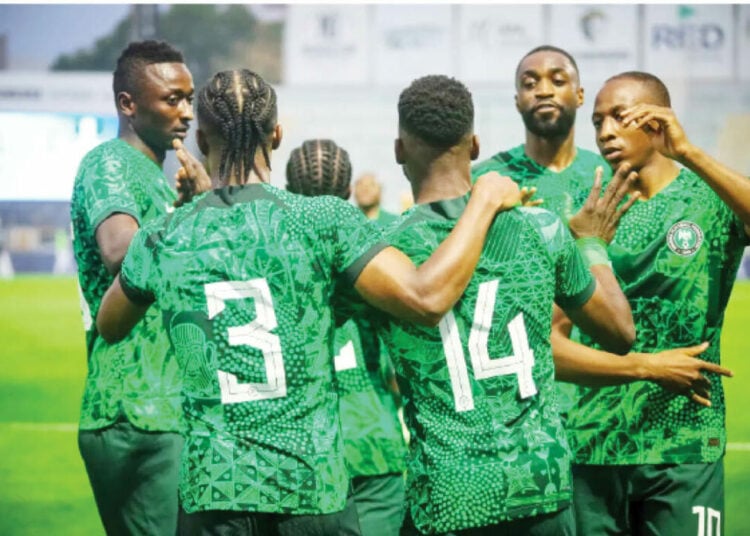
Nigeria's Super Eagles boosted their 2026 World Cup qualification hopes with a 2-1 victory over Lesotho, featuring goals...
2025 GMA Dove Awards Crown Stars: Forrest Frank, Brandon Lake, Jelly Roll, Leanna Crawford Triumph

The GMA Dove Awards celebrated Christian music's top artists and songs on October 10th at Nashville's Bridgestone Arena,...
BamBam's Heart in Bangkok: First Thai-Language Album Set to Drop

K-pop idol BamBam is set to release his first full Thai-language album, 'HOMETOWN,' on October 10, marking a significant...
Urgent EU Travel Alert: UK Tourists Need Specific Funds from Sunday!

British travellers are advised to be prepared for questions about their financial resources when visiting EU and Schenge...
Millions of Drivers Face Lockout Risk from Keyless Car Fobs!

Keyless car fobs, a modern convenience, are susceptible to malfunctions in cold weather due to battery performance degra...
Music Industry Under Fire: Canice Igwe Claims Nigeria's Scene Stifles Creativity

Rising music sensation Canice Igwe critiques the Nigerian music industry for stifling creativity, advocating for a uniqu...
Kingdom Achievers Awards Shakes Up Industry: New Recording Academy Unveiled, Public Voting Halted!
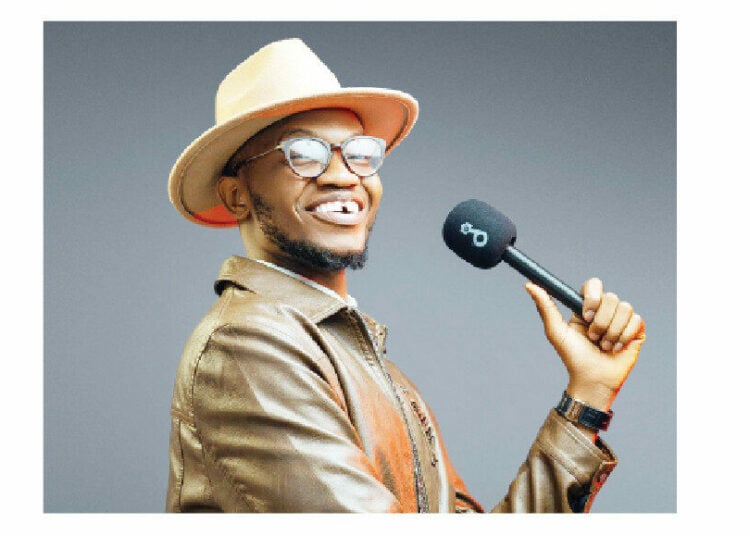
The Kingdom Achievers Awards (KAA) is revolutionizing its recognition process for its fourth edition, shifting from publ...